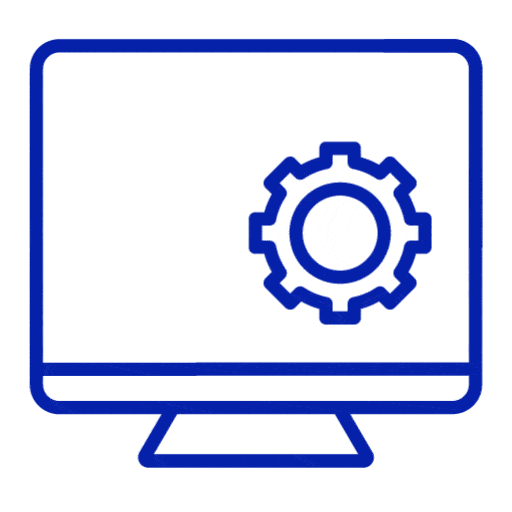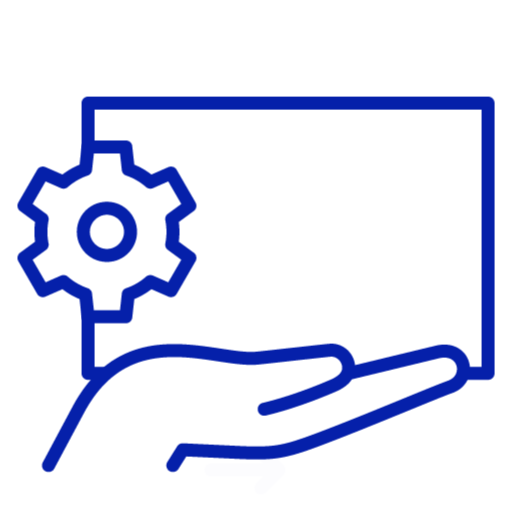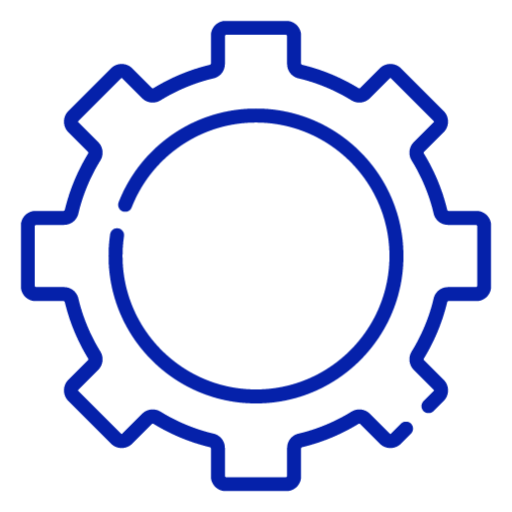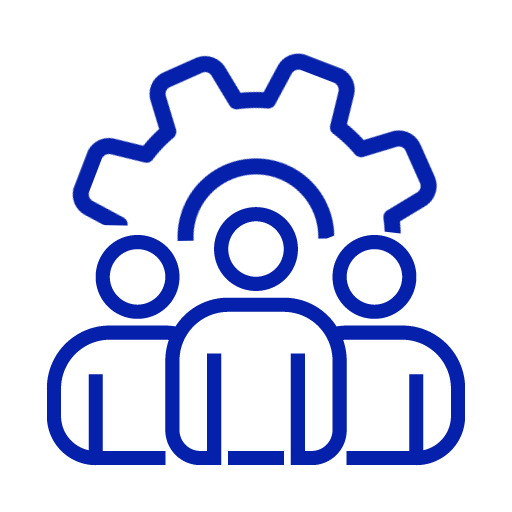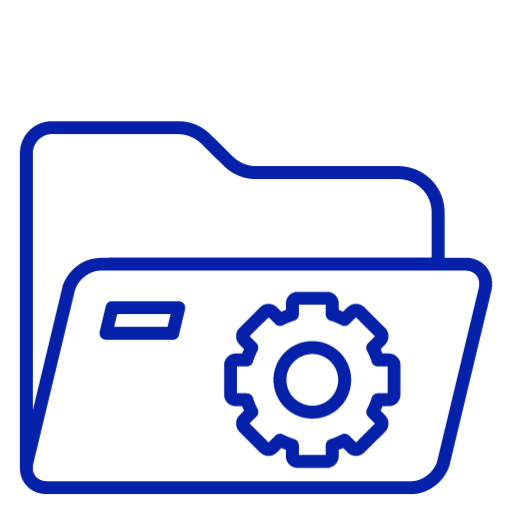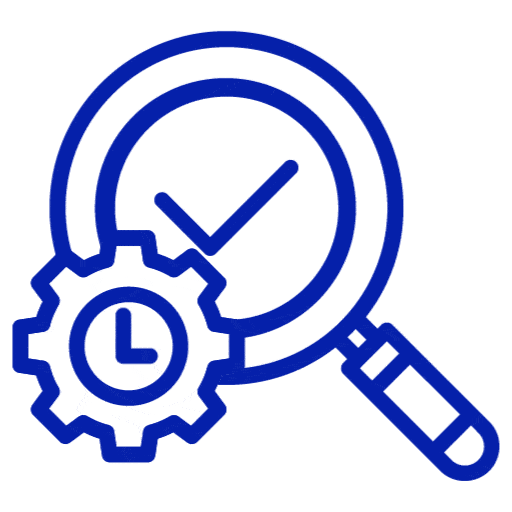In a recent announcement, Health Minister Mansukh Mandaviya emphasized the importance of complying with Schedule M of the Drugs and Cosmetics Act, prepared in 2018. A Pharma company with a turnover of less than Rs 250 crore will have to adopt GMP regulations in a 12-month time, and those with over Rs 250 cr turnover must have GMP adoptions within 6 months.
The schedule outlines crucial guidelines for all the Organizations manufacturing drugs may be Pharmaceutical, Biotech, Therapeutics, and CROs must comply with Schedule M automation. However, non-compliance with the stipulated timelines could lead to penalties as per the provisions of the law. Also, the most significant gap found in the industry is the Linkage between manufacturing and product quality, and interdependence between the two has been established.
Understanding Schedule M
Schedule M delves into various aspects of company premises, quality control systems, laboratories, GMP adoption in production, equipment cleaning, housekeeping, and cross-contamination. Organizations involved in drug manufacturing must adhere to these guidelines for maintaining high-quality standards.
Implementing Schedule M Automation in Organizations
Compliance with Schedule M demands a coordinated effort across different departments, including Production, Engineering, Quality Control, Quality Assurance, and Warehouse. Many small and medium-sized organizations manage these activities manually, leading to potential compliance issues like GMP regulations.
Challenges Faced by Small and Medium Enterprises
Even with stringent processes, human error can still lead to compliance challenges. Moreover, implementing automation systems demands a considerable budget and skilled talent, which might only be readily available to some enterprises.
How do we link between manufacturing and product quality and interdependence?
Organizations can leverage cost-effective integrated software to bridge the manufacturing and product quality gap. These systems include:
- ERP: For comprehensive management of procurement, inventory, and sales processes.
- LIMS: To streamline laboratory quality control procedures.
- eQMS with RTM: For automating deviations, CAPA (Corrective and Preventive Actions), change control, and audits in the quality assurance department.
- eDMS: To automate version control and print management of SOPs, protocols, specifications, and more across all departments.
- eLMS: For efficient management of training processes throughout the organization.
- eBMR (MES): To handle batch manufacturing information effectively.
- eLog Book: For recording operational and cleaning activities in operations.
- APQR: For automated product quality report generation based on integrated software data.
- RIMS: To track regulatory application statuses from filing to retirement.
- Calibration and PM: The engineering department can manage assets in compliance with guidelines set forth by the schedule.
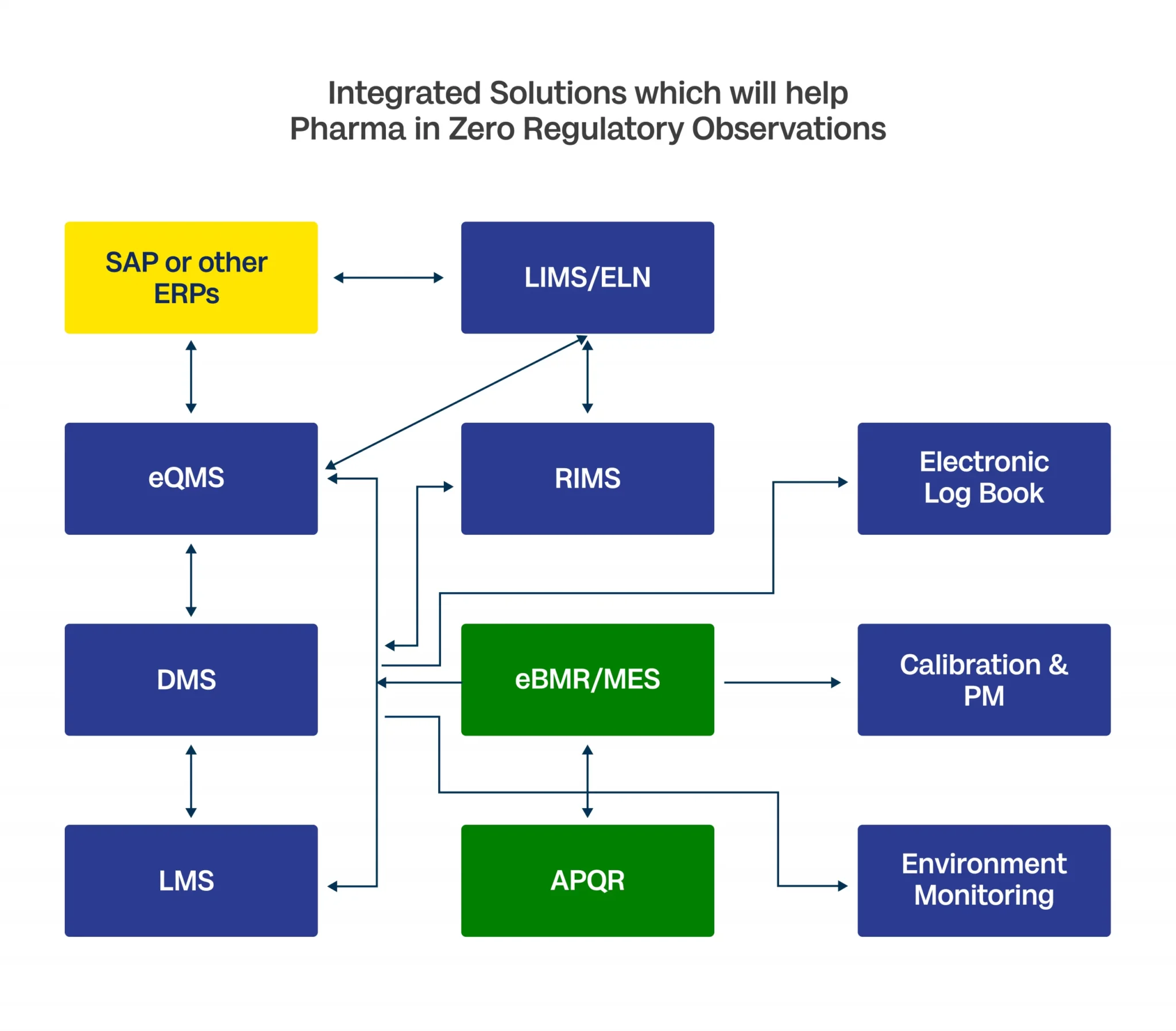
Pharma automation companies like Amplelogic help in the current timebound scenarios
Amplelogic can play a pivotal role in the timely implementation of automation solutions. With over 13 years of experience delivering automation software for Drug Product and Drug substance organizations, Amplelogic offers ready-to-use software that can be swiftly implemented. The implementation timelines can be tailored within 1 to 3 months, depending on the scope.
Conclusion
Compliance with Schedule M is a crucial aspect of the pharmaceutical industry. Embracing automation and integrated software can help organizations, especially small and medium enterprises, overcome compliance challenges and achieve seamless adherence to Schedule M automation, ultimately enhancing product quality and patient safety.









